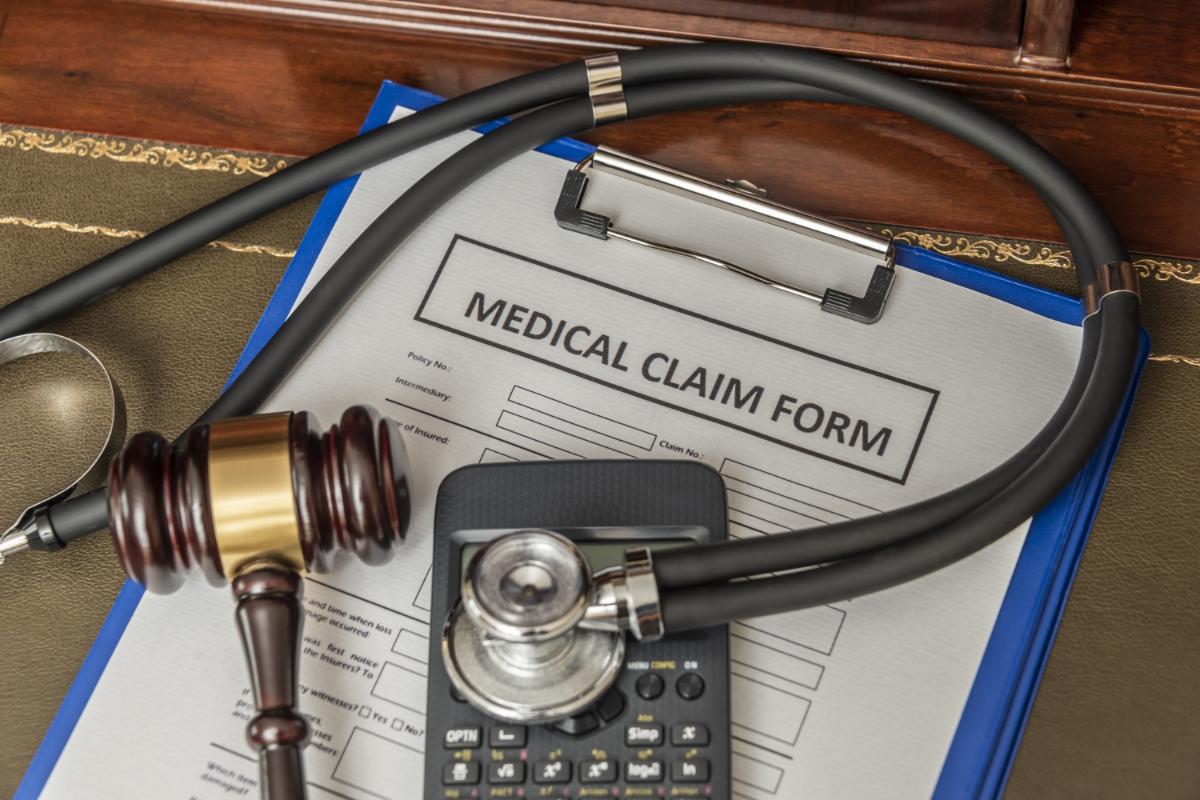
Inaccuracies by medical professionals can occur in almost every situation, but certain types of errors are more common than others. However, merely demonstrating that a mistake happened is insufficient to establish blame. For the patient to lay a claim through their professional personal injury attorney, they must demonstrate that the error fell below the appropriate level of care for the doctor's specialty and that they were directly harmed as a result. The following are the most frequently preventable medical errors that may result in medical malpractice claims:
At times, a doctor may fail to identify, diagnose a condition, whereas a qualified doctor quickly detects it appropriately. These may cause the problem to proceed to a more severe state, necessitating more extensive therapy and causing the patient additional suffering and pain. An incorrect or late diagnosis of a dangerous ailment, such as cancer may result in the patient's death. A plaintiff making this type of claim through the personal injury attorney would need to present expert testimony from a doctor who can explain why a competent clinician treating a similar patient would have successfully diagnosed and treated the problem sooner. The expert would also have to explain the impact of the error or delay on the patient's health.
Failure to satisfy the professional standard of care, obstetricians, gynecologists, and other medical professionals involved in the birthing process can inflict lifelong injury to newborns. Diseases such as paralysis, cerebral palsy, nerve damage, developmental abnormalities, and fractures are just a few of the conditions that might occur due to malpractice. In addition, inadequate care before childbirth can sometimes be harmful to both the mother and the child. In other cases, birth injuries might occur as a result of mistakes made during the delivery procedure.
Many of the most famous cases of negligence filed by personal injury attorneys for their clients occur during surgical operations. Some surgical mistakes are referred to as "never events," which implies that the medical profession agrees that they should never have happened. In these circumstances, a patient may not require expert testimony since the negligence is clear. For example, leaving a surgical tool in a patient's body. A doctor may potentially operate on the incorrect patient or the incorrect body part.
Anesthesiologist errors can have grave results, including brain damage and death. An anesthetist may fail to evaluate a patient's records for potential risk factors, fail to provide the correct anesthetic dosage, or fail to monitor the patient's vital signs while providing an anesthetic.
Doctors, nurses, and other medical professionals might be held liable if they make a mistake when prescribing or administering medicines. If a mistake occurs during the prescription process, the doctor is likely to be held accountable. In contrast, the nurse and the hospital that employs them are likely to be held liable if a mistake occurs during administration.
These are some of the most common types of medical malpractice cases that have been handled by our personal injury attorney in Orlando. If you have been the victim of medical malpractice, contact us to hear how we can help you with your case today.